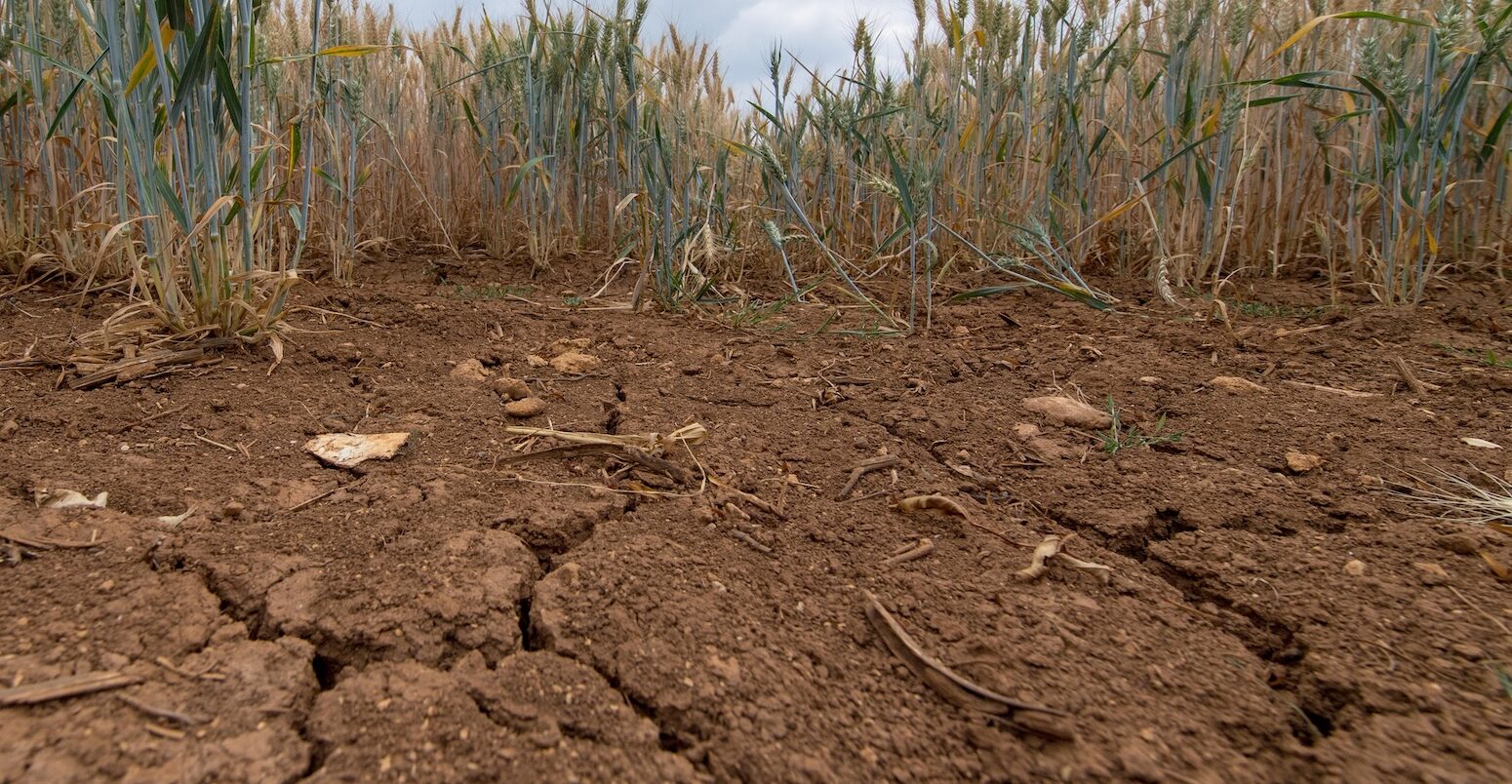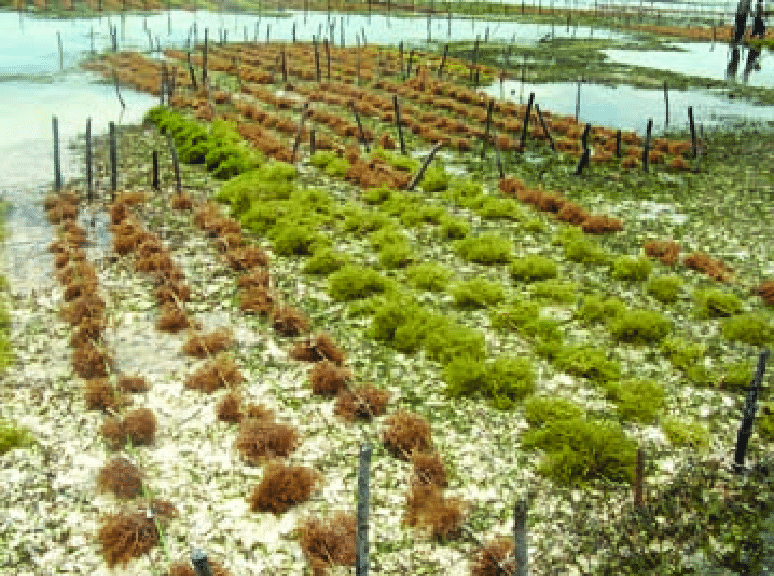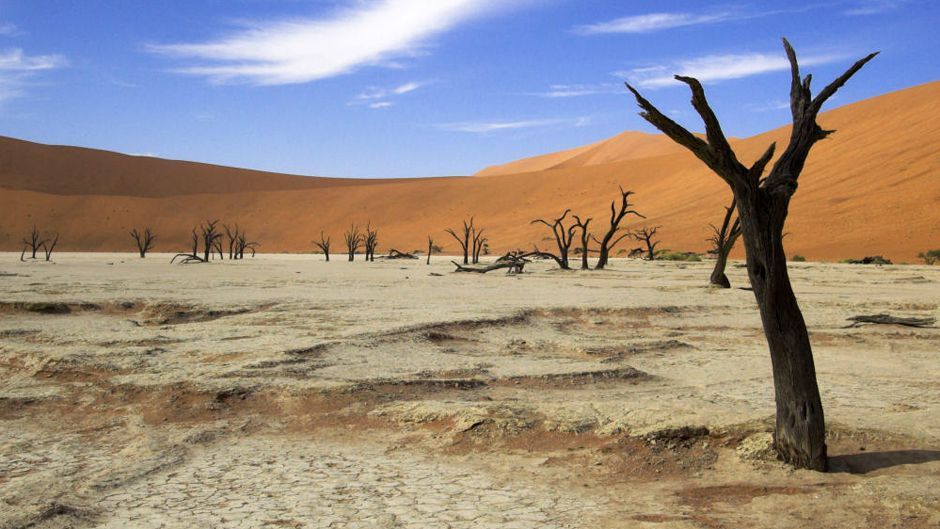Central Asian countries are increasingly collaborating to safeguard biodiversity and promote sustainable natural resource management. The Regional Dialogue on Transboundary Conservation in Central Asia, held from November 28-30, 2023, in Tashkent, Uzbekistan, marked a significant step forward in advancing this collective agenda. Government representatives from Kazakhstan, the Kyrgyz Republic, Tajikistan, Turkmenistan, and Uzbekistan, along with numerous national and international organizations, participated in the event.
The co-hosts of the Regional Dialogue were the Ministry of Ecology, Environmental Protection and Climate Change of Uzbekistan, the International Union for Conservation of Nature (IUCN), the World Bank, and Deutsche Gesellschaft für Internationale Zusammenarbeit (GIZ) GmbH. The event was part of the World Bank’s Resilient Landscape Central Asia Program (RESILAND CA+) and three regional programs implemented by GIZ, namely Green Central Asia, Integrative and climate-sensitive Land Use (ILUCA), and Ecologically Oriented Development in the Aral Sea Region (ECO ARAL).
During the event, Aziz Abdukhakimov, Minister of Ecology, Environmental Protection, and Climate Change of Uzbekistan, emphasized the significance of shaping a joint vision for regional transboundary biodiversity conservation. He highlighted the potential for ecological and economic benefits across shared transboundary corridors in Central Asia, fostering nature tourism development.
Marco Mantovanelli, World Bank Country Manager for Uzbekistan, expressed the World Bank’s support for the joint efforts of Central Asian countries in transboundary biodiversity conservation. The World Bank’s RESILAND CA+ Program aims to implement specific land restoration activities within six transboundary corridors on Uzbekistan’s border with Kazakhstan, the Kyrgyz Republic, and Tajikistan.
Transboundary conservation addresses challenges posed by differing policy, management, and governance structures across borders. It promotes cooperation, leading to ecological benefits, political collaboration, economic cooperation, and social development. The enlargement of conservation areas enhances the survival of migratory species, a crucial aspect for Central Asia, which hosts critical migratory corridors with unique species.
Boris Erg, Director of IUCN’s Regional European Office, emphasized the importance of a shared vision, political leadership, and community participation for successful transboundary conservation. IUCN is actively supporting the finalization of a Framework plan for transboundary cooperation between Kazakhstan, Kyrgyzstan, and Uzbekistan in the Western Tien Shan mountains region.
The IUCN World Commission on Protected Areas (WCPA) has developed common principles and best practice guidelines to support officials involved in transboundary conservation programs. At the Regional Dialogue, IUCN provided training on transboundary Conservation, introducing the Diagnostic Tool for Transboundary Conservation Planners.
Caroline Milow, Programme Manager at the Green Central Asia Project implemented by GIZ, highlighted the German Government’s support for transboundary cooperation in protected areas in Central Asia. GIZ’s initiatives focus on building ranger capacities, enhancing ecological and economic development across borders, and supporting regional dialogue and cooperation.
Discussions during the Regional Dialogue covered various topics, including peace parks and environmental peacebuilding, the economic impact of nature-based tourism in Central Asia, and the role of local communities in managing and conserving protected areas.




